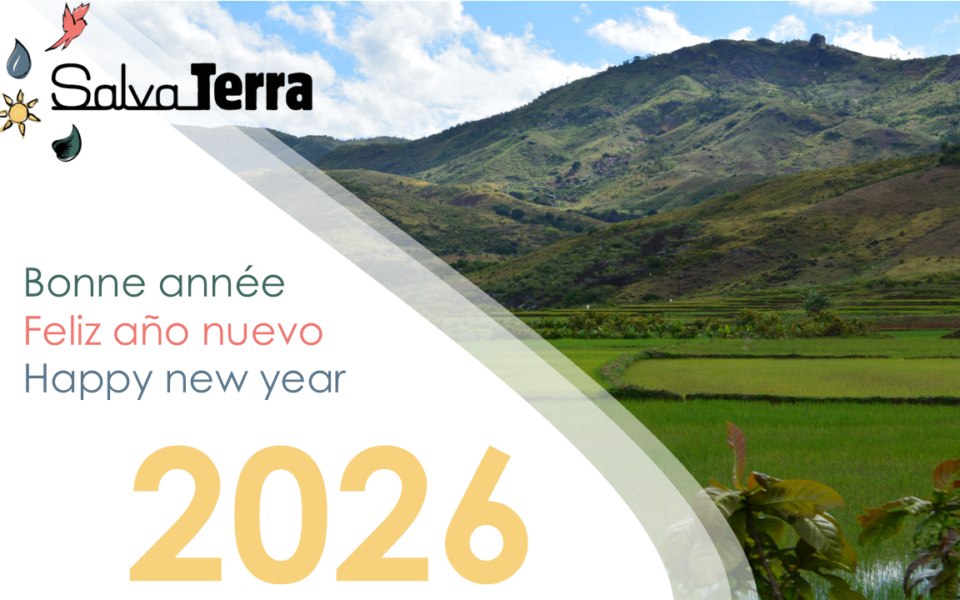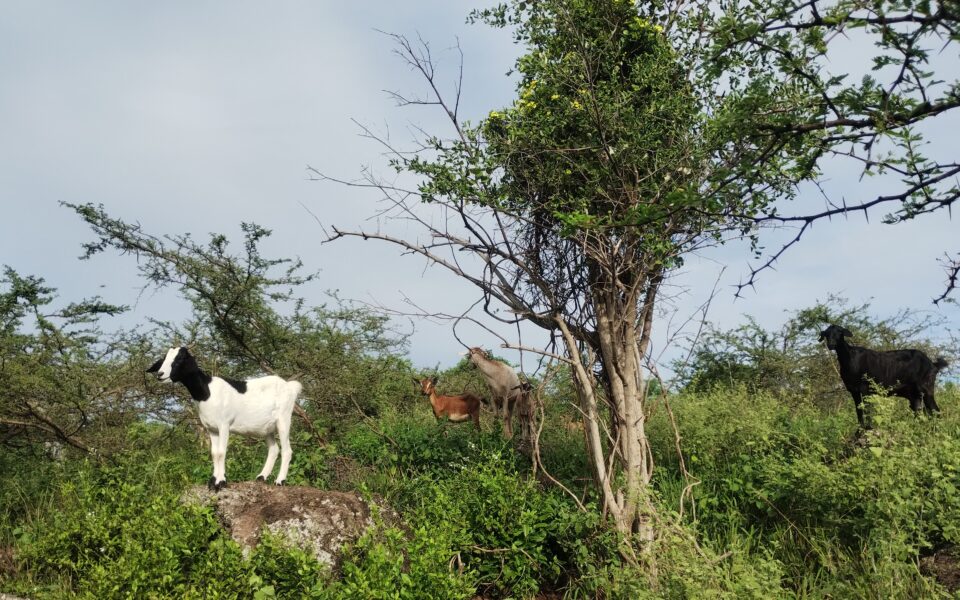News
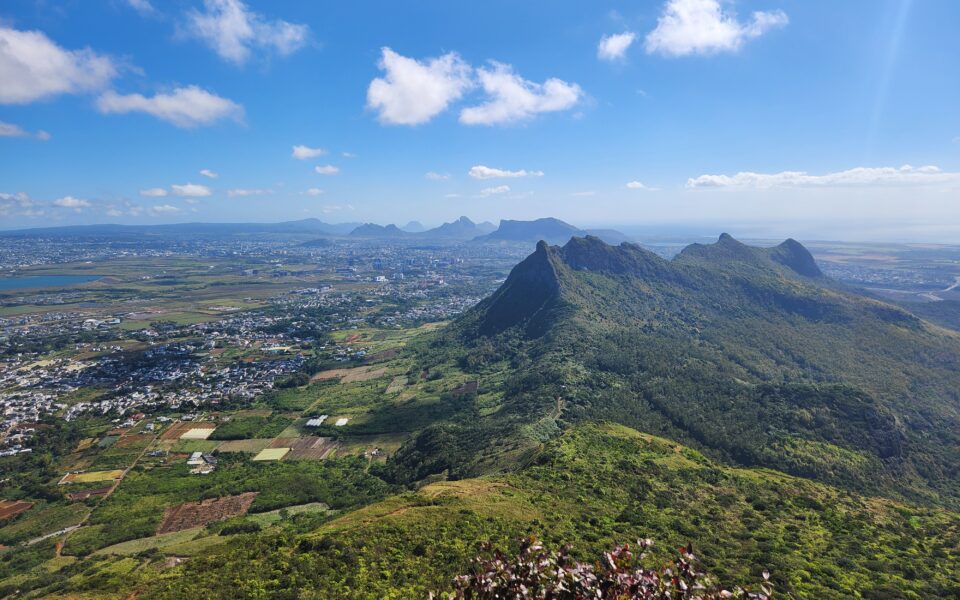
27 Jan. 2026
La biomasse, levier d’économies circulaires dans l’océan Indien
📢 𝐄𝐭 𝐬𝐢 𝐝𝐞𝐬 𝐝𝐞́𝐜𝐡𝐞𝐭𝐬 𝐚𝐠𝐫𝐢𝐜𝐨𝐥𝐞𝐬, 𝐦𝐚𝐫𝐢𝐧𝐬 𝐨𝐮 𝐟𝐨𝐫𝐞𝐬𝐭𝐢𝐞𝐫𝐬 𝐜𝐚𝐜𝐡𝐚𝐢𝐞𝐧𝐭 𝐝𝐞𝐬 𝐜𝐡𝐚𝐢̂𝐧𝐞𝐬 𝐝𝐞 𝐯𝐚𝐥𝐞𝐮𝐫 𝐞𝐧𝐜𝐨𝐫𝐞 𝐬𝐨𝐮𝐬-𝐞𝐱𝐩𝐥𝐨𝐢𝐭𝐞́𝐞𝐬 ?
♻️ 𝐄𝐭 𝐬𝐢 𝐥’𝐞́𝐜𝐨𝐧𝐨𝐦𝐢𝐞 𝐜𝐢𝐫𝐜𝐮𝐥𝐚𝐢𝐫𝐞 𝐬’𝐢𝐧𝐯𝐞𝐧𝐭𝐚𝐢𝐭 𝐝’𝐚𝐛𝐨𝐫𝐝… 𝐬𝐮𝐫 𝐥𝐞 𝐭𝐞𝐫𝐫𝐚𝐢𝐧 ?
Dans le cadre de la feuille de route 2021–2026 de CAP Business Océan Indien, soutenue par l’AFD, SalvaTerra a mené fin 2025 une mission de terrain à Maurice, aux Seychelles et à Madagascar afin d’analyser le potentiel de plusieurs filières de valorisation de la biomasse à l’échelle régionale.
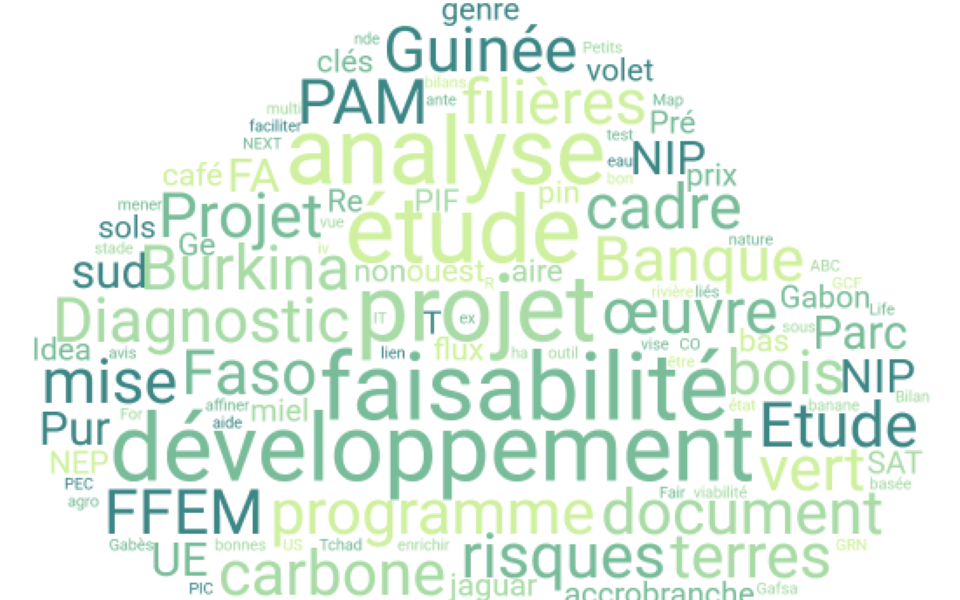
20 Jan. 2026
Rétrospective 2016-2025 – Episode 1/7 – De l’idée au projet finançable : Etudes de faisabilité et formulations des projets de développement et de gestion durable des ressources naturelles
Face à la multiplication des enjeux climatiques, environnementaux et socio-économiques, de nombreux acteurs portent aujourd’hui des idées de projets ambitieuses. Pourtant, passer d'une intention stratégique à un projet financé et mis en œuvre est loin d’être aisé.
Les études de faisabilité et les formulations de projets constituent une étape clé pour transformer une idée, un diagnostic territorial ou sectoriel, en un projet solide, cohérent et aligné avec les standards internationaux des bailleurs de fonds.
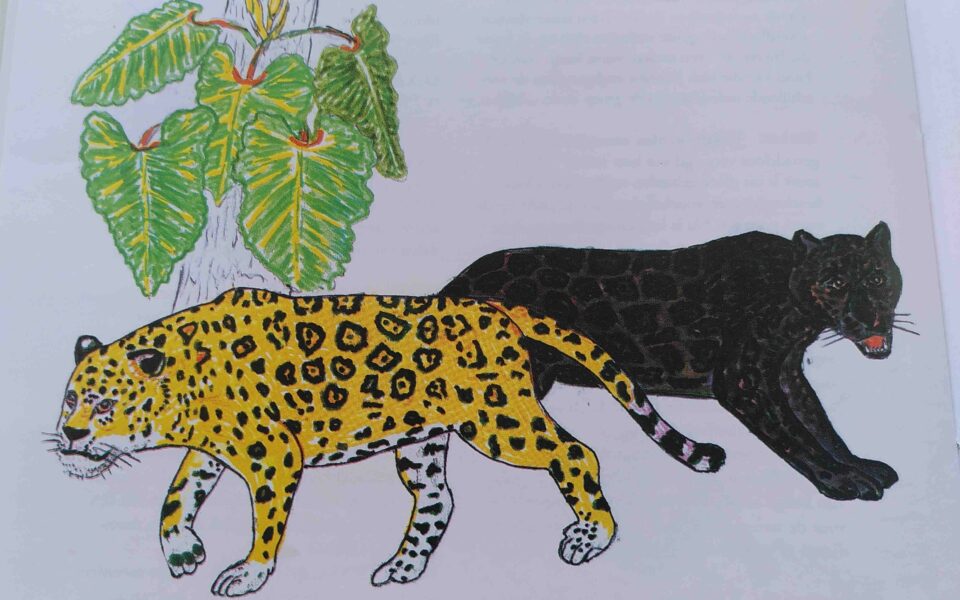
13 Jan. 2026
Etude de faisabilité du projet « Forêts, Jaguars et peuples du plateau des Guyanes »
Le projet « Forêts, Jaguars et peuples du plateau des Guyanes », porté par Panthera avec ACT et IEPÉ, vise à renforcer la protection de la biodiversité sur le plateau guyanais en s’appuyant sur le jaguar comme espèce emblématique. Inscrit dans la Feuille de route « Jaguar 2030 », il couvrira les quatre pays du plateau (Guyana, Suriname, Guyane, Brésil) pour un budget estimé à 6,5 M€, dont 2 M€ sollicités auprès du FFEM. Prévu sur quatre ans à partir de 2026, le projet répond aux pressions croissantes liées aux infrastructures, à l’exploitation minière et forestière et à l’expansion agricole, responsables de la fragmentation des habitats. Il prévoit d’améliorer les connaissances sur le jaguar, de renforcer les capacités des communautés locales et peuples autochtones, de développer des activités génératrices de revenus alternatives et de renforcer la coopération régionale.
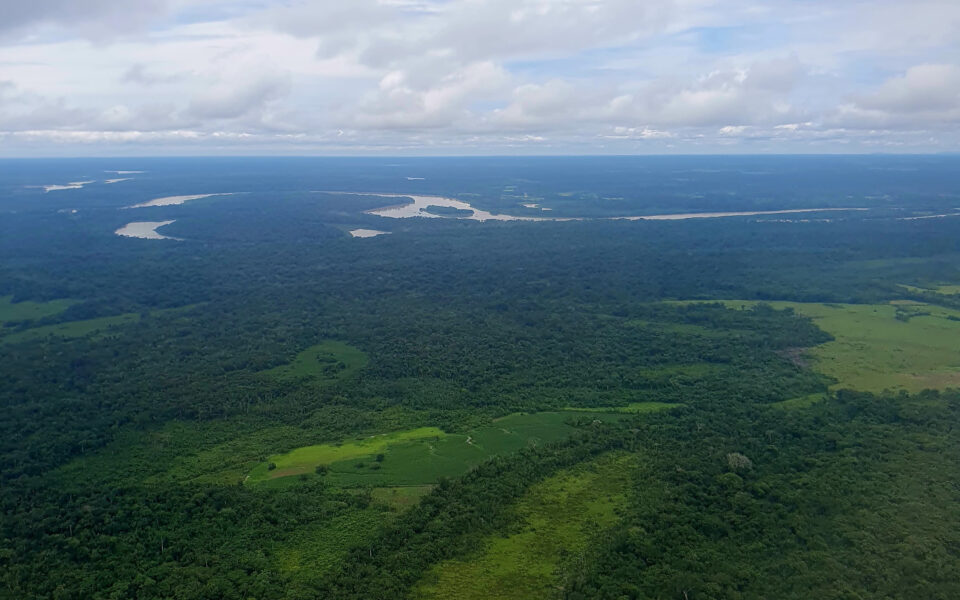
10 Nov. 2025
Freiner la déforestation sur les fronts pionniers amazoniens
Dans le cadre de l’Évaluation au champ large (ECL) des interventions du Groupe AFD et du FFEM dans le biome amazonien, SalvaTerra et TERO ont rédigé pour l’Agence française de développement un nouveau numéro de la collection Questions de développement (QDD n°97 – octobre 2025), intitulé « Quels leviers pour freiner la déforestation sur les fronts pionniers en Amazonie ? ».
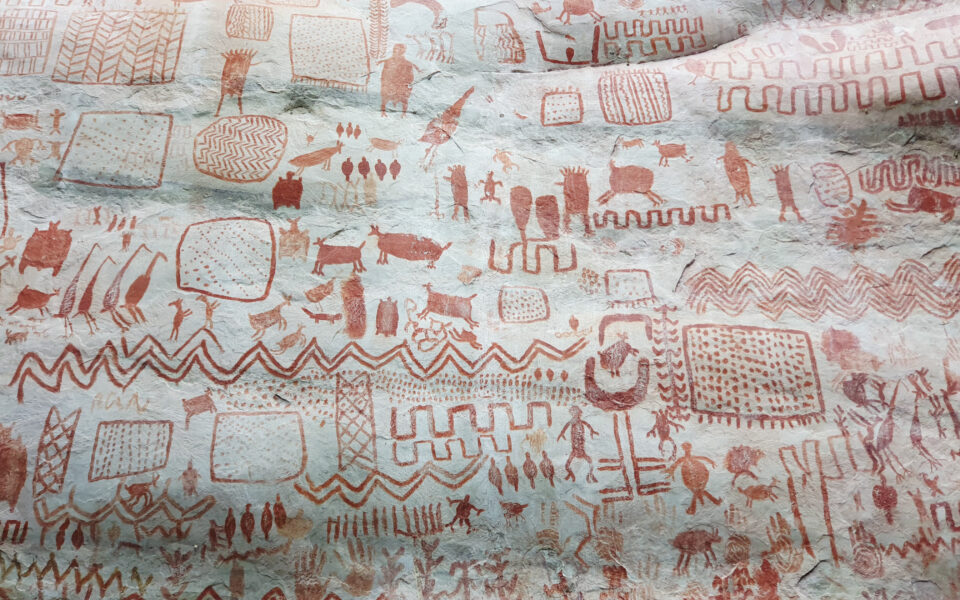
21 Oct. 2025
Évaluer 17 ans d’action française pour les forêts amazoniennes
Menée par le consortium SalvaTerra–TERO, l’Évaluation au champ large (ECL) analyse près de deux décennies d’interventions du Groupe AFD et du FFEM en faveur des forêts du biome amazonien, à travers 37 projets mis en œuvre dans huit pays. L’étude dresse un bilan inédit des approches françaises en matière de conservation, de bioéconomie et de gouvernance autochtone, et identifie les leviers pour renforcer leur impact à l’horizon 2030
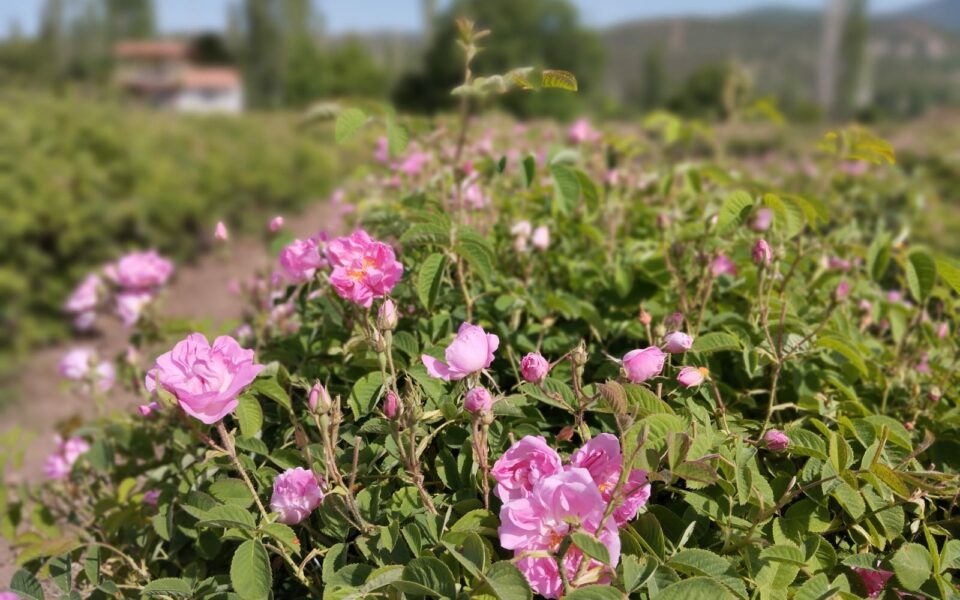
14 Oct. 2025
Evaluation de conformité sociale et environnementale de la filière rose pour un sourcing durable en Turquie
En juin 2025, SalvaTerra a conduit une mission de diagnostic de la filière de la rose de Damas en Turquie et une évaluation des dernières avancées en matière de droits humains. Celle-ci a combiné une analyse documentaire approfondie, des visites de parcelles, et des rencontres avec l’ensemble des acteurs : travailleurs saisonniers, agriculteurs, collecteurs, coopératives, transformateurs, associations locales et ONG. Cette étude a permis de formuler un plan d’action pragmatique pour continuer à porter cette filière d’importance vers un modèle conciliant durabilité et éthique, en améliorant notamment les conditions de vie et de travail à l’amont et à l’aval.

30 Sep. 2025
Agroforesterie, restauration des sols et filières durables au Rwanda : l’importance du terrain
Dans le cadre du projet MuLaKiLa, porté par Reforest'Action et l’Albertine Rift Conservation Society (ARCOS) au Rwanda, SalvaTerra a mené une mission de terrain pour diagnostiquer et évaluer les potentiels de développement de filières dans les districts de Rutsiro et Ngororero.
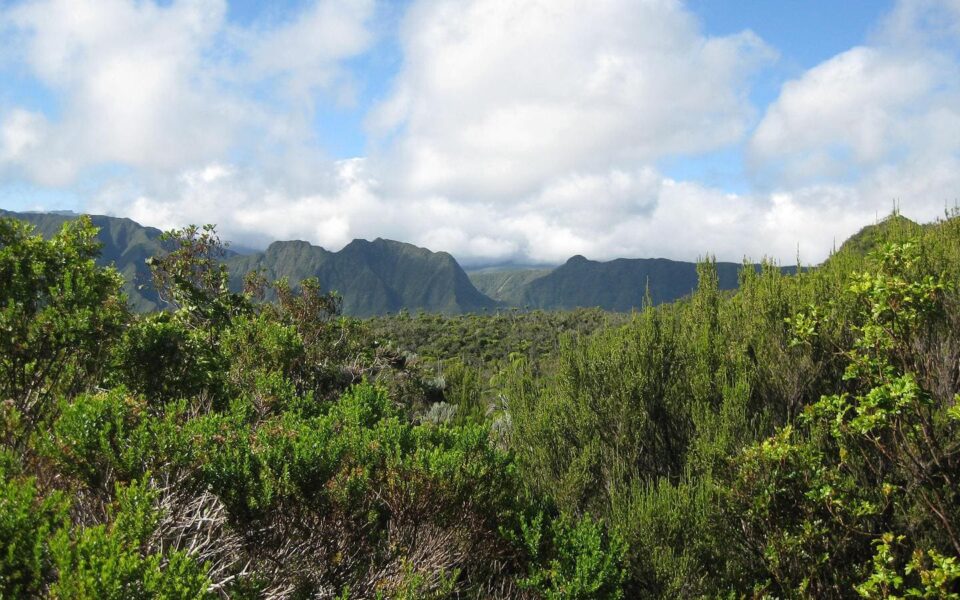
10 Sep. 2025
Outiller une filière forêt-bois locale résiliente à La Réunion : Lancement de l’Étude Stratégique des Acteurs et Flux de la Filière Forêt-Bois Réunionnaise
Bois de construction, bois-énergie, logistique, cartographie d’acteurs, flux matériels et économiques… Une étude au service du développement de la filière forêt bois de La Réunion
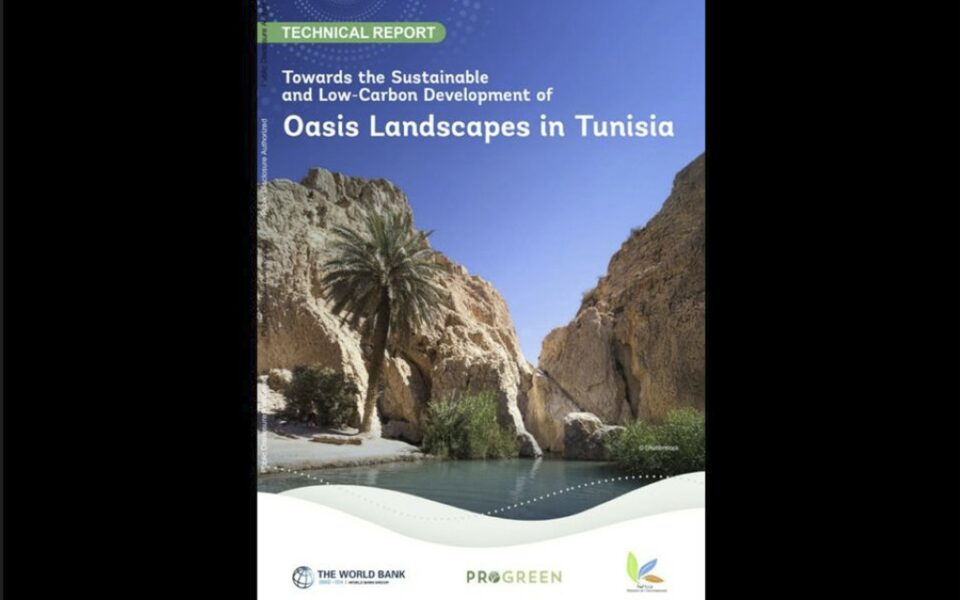
19 Aug. 2025
Les oasis du Sud tunisien : un patrimoine en péril, un potentiel à activer
SalvaTerra a contribué à la rédaction du rapport technique publié par la banque mondiale : « Vers un développement durable et à faible émission de carbone des paysages oasiens en Tunisie » proposant des mesures claires et décisives pour protéger la santé et la productivité des écosystèmes oasiens du sud de la Tunisie pour à la fois améliorer la résilience face aux menaces climatiques - notamment la sécheresse, les chaleurs excessives et la pénurie d’eau- et créer des emplois verts dans les secteurs de l’agriculture, de l’énergie, des déchets, du tourisme et de la culture.
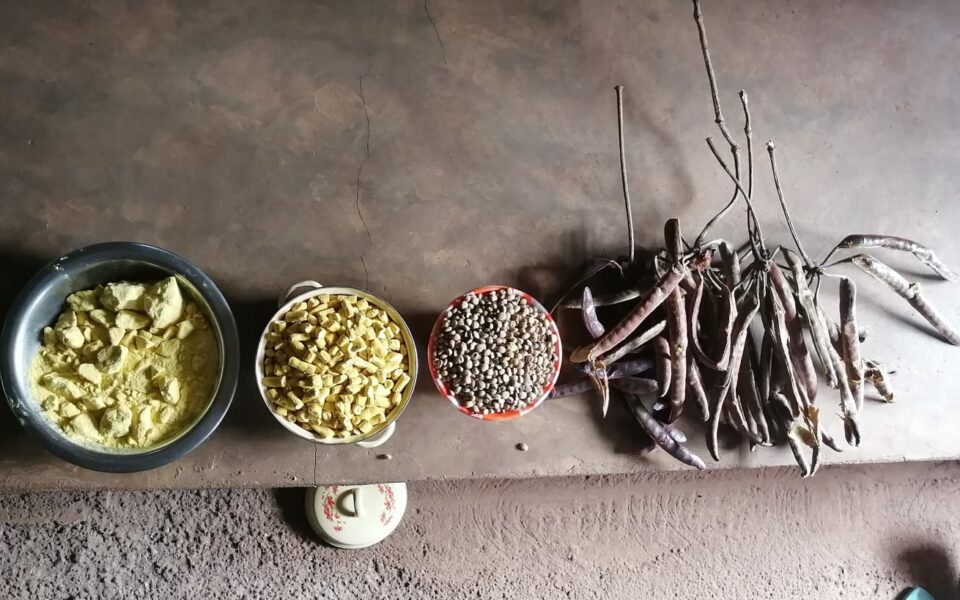
12 Aug. 2025
Résilience des communautés rurales des Forêts guinéennes : Elaboration collaborative d’une palette d’espèces d’arbres adaptés au changement climatique et aux usages communautaires : agriculture, alimentation, phytothérapie…
Face à l’urgence climatique, soutenir l’adaptation des communautés rurales qui dépendent directement de ressources naturelles fragilisées est un défi essentiel pour un développement véritablement inclusif.
